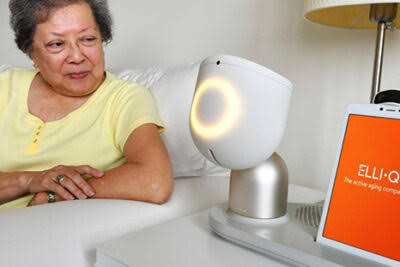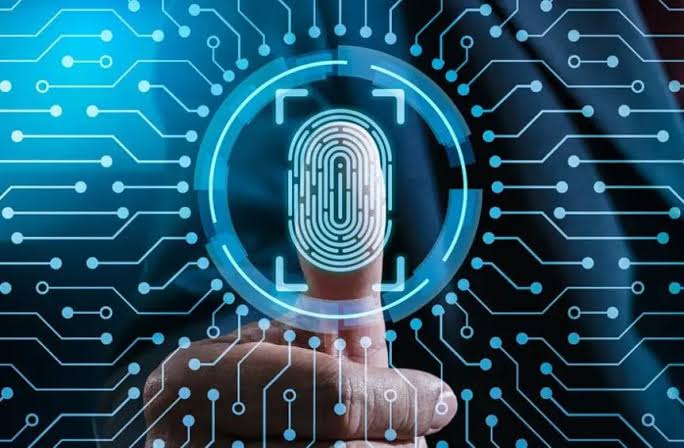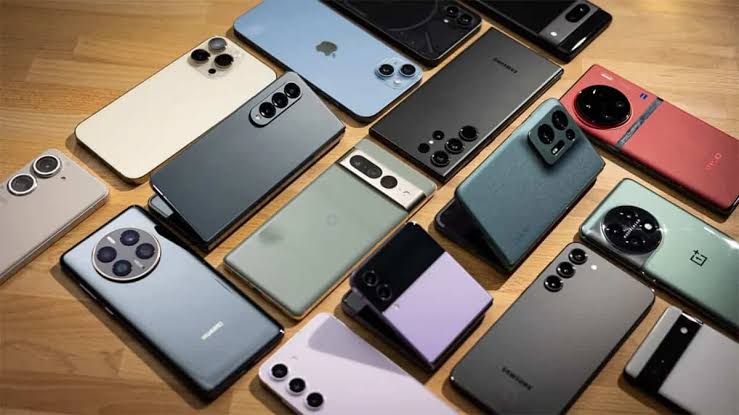As technology continues to evolve, smart gadgets are playing a significant role in improving accessibility and independence for elderly people. Aging often comes with challenges such as reduced mobility, memory lapses, or health concerns, but smart home devices and wearable technologies are making it easier for older adults to live comfortably and safely. These innovations are designed to provide support, convenience, and peace of mind while enabling seniors to maintain their quality of life and independence.
Enhancing Safety at Home
One of the main benefits of smart gadgets for elderly people is enhanced safety. Seniors are more vulnerable to accidents, especially falls or medical emergencies, and technology can reduce these risks.
- Smart home security systems allow older adults to monitor doors and windows without physically checking them.
- Motion sensors can detect unusual activity or inactivity and send alerts to caregivers or family members.
- Smart smoke detectors and leak sensors ensure quick responses to emergencies.
These tools create a safer living environment, helping seniors feel more secure in their homes.
Health Monitoring and Medical Support
Smart gadgets also make health management easier for elderly individuals. Wearable devices and connected health tools can track essential health data and alert users or medical professionals when something is wrong.
- Smartwatches can measure heart rate, blood pressure, and blood oxygen levels.
- Fall detection devices can automatically alert caregivers in case of accidents.
- Pill dispensers with reminders ensure seniors take their medications on time.
This continuous health monitoring provides reassurance for families while empowering seniors to manage their own health more effectively.
Voice-Activated Assistants
For elderly people who may struggle with mobility or complicated devices, voice-activated assistants offer a simple solution. These gadgets respond to verbal commands, eliminating the need for physical effort or advanced technical knowledge.
- Seniors can control lighting, thermostats, and appliances using simple voice commands.
- Voice assistants can make phone calls, set reminders, and provide daily schedules.
- Devices can answer questions or offer entertainment such as music and audiobooks.
This makes everyday tasks more accessible and reduces the stress of handling complex technology.
Mobility and Navigation Support
Smart gadgets are also improving mobility for elderly individuals. With innovations designed to make movement easier, seniors can navigate both inside and outside their homes with greater confidence.
- Smart canes with GPS provide navigation support and track movements.
- Robotic vacuum cleaners reduce the need for physical strain in maintaining the home.
- Smart lighting systems with motion sensors guide elderly individuals at night, reducing the risk of falls.
These tools help minimize mobility challenges and create a more supportive living space.
Social Connection and Communication
Another key advantage of smart gadgets is the ability to keep elderly people socially connected. Isolation can be a serious issue for seniors, but technology provides tools to stay in touch with loved ones.
- Smart tablets and devices make video calls simple and accessible.
- Social platforms integrated with smart assistants help elderly individuals share updates easily.
- Digital photo frames connected to the internet can display family photos in real time.
Maintaining social connections through these tools improves emotional well-being and reduces loneliness.
Personalized Daily Assistance
Smart gadgets also function as personal assistants for elderly users, helping them with daily routines and reminders.
- Smart calendars can keep track of appointments and notify seniors of important events.
- Kitchen gadgets such as smart ovens and cookers reduce the risk of burns or forgotten food.
- Reminder systems ensure tasks like bill payments or shopping lists are never forgotten.
By simplifying daily tasks, these devices reduce stress and promote independence.
Supporting Caregivers and Families
For families and caregivers, smart gadgets provide reassurance and assistance in caring for elderly loved ones. Instead of constant physical supervision, these tools enable remote monitoring and communication.
- Caregivers can receive instant alerts if health readings are abnormal.
- Location tracking gadgets ensure elderly individuals do not get lost when outside.
- Remote control of smart devices allows caregivers to manage home functions from anywhere.
This balance allows elderly individuals to retain independence while still ensuring safety.
Future Innovations in Accessibility
Looking ahead, smart gadgets will continue to improve accessibility for the elderly with even more advanced features.
- Artificial intelligence will personalize care routines based on individual needs.
- Wearables may detect early signs of health conditions before symptoms become serious.
- Robotics will support elderly individuals with household tasks and physical assistance.
These developments will make aging more manageable and comfortable, creating environments that adapt to the needs of elderly residents.
Conclusion
Smart gadgets are transforming the lives of elderly people by enhancing safety, health monitoring, mobility, and social connection. These technologies provide independence while offering families peace of mind that their loved ones are supported. With innovations continuing to advance, the future promises even more intelligent solutions to help seniors live comfortably, securely, and with dignity.



